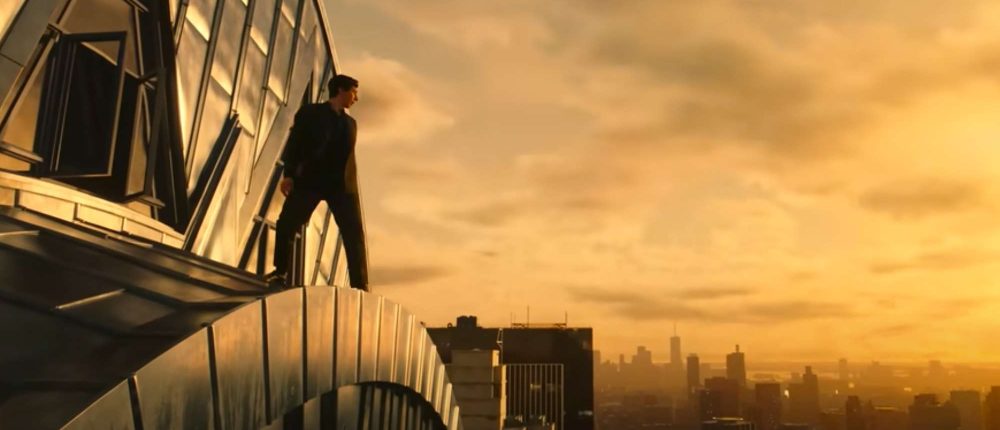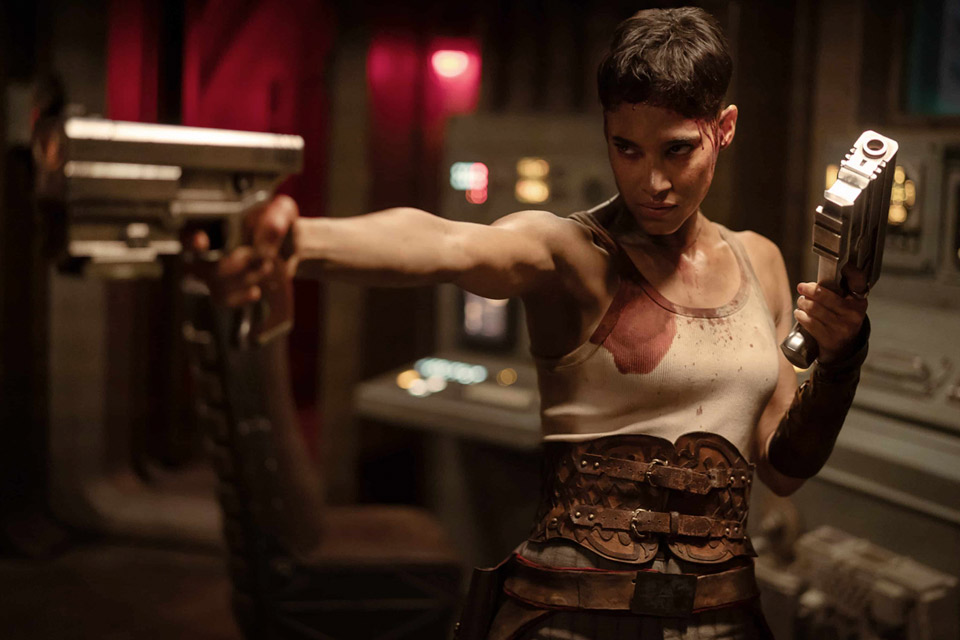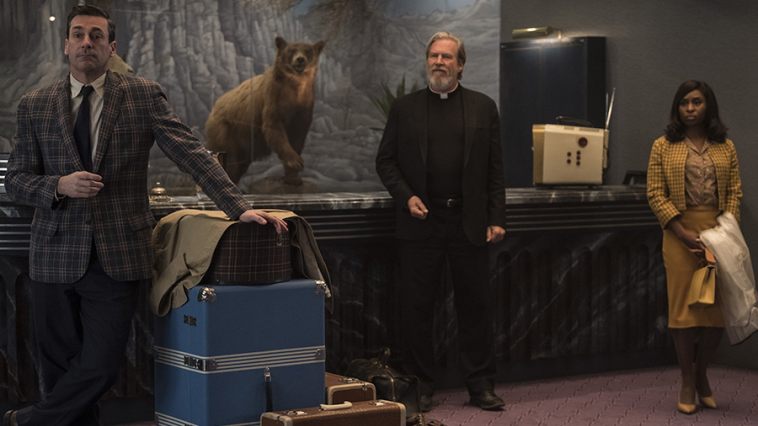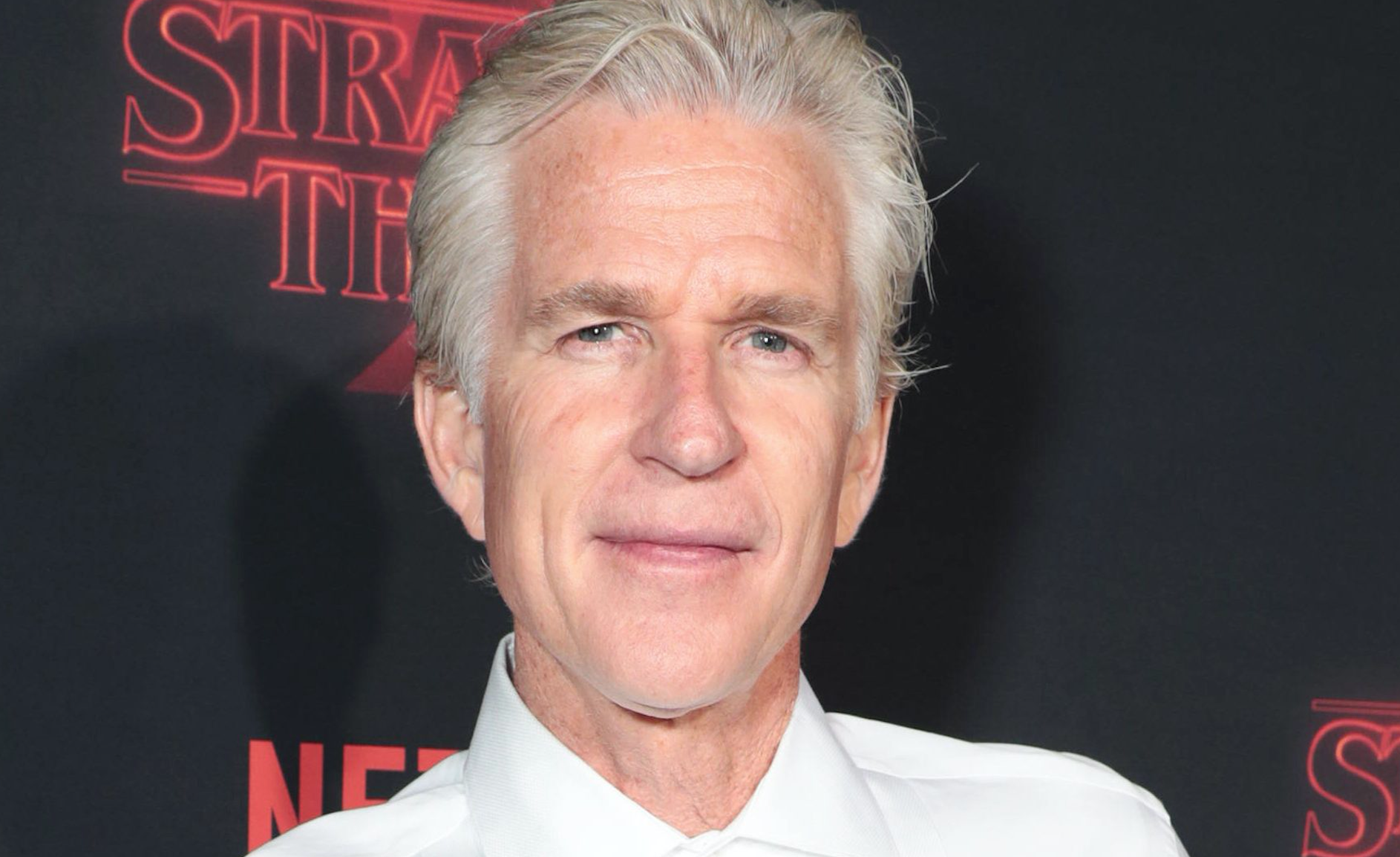
It’s hard not to get swept up in the excitement when a celebrated filmmaker like Francis Ford Coppola unleashes a big-budgeted film they have been talking about publicly for decades and which they financed completely with their own plentiful resources. True independent film on a large scale can be endlessly amazing because it combines glamourous Hollywood aesthetics with individualistic and artistic-minded sensibilities. The Apocalypse Now and Godfather maestro’s Megalopolis, while often coming close to being a complete mess, is an endearingly passionate example of such a film.
Financed for a hundred million dollars from his own estate, Coppola’s film never would have made it through the studio system—not in this time or any other. It’s too big, too eccentric, and too tonally experimental to be enticing to large audiences. While the film does admittedly suffer somewhat from being guided by a filmmaker with too many resources and too few artistic constraints, it’s still an endless marvel to witness.
The film (which is labeled a “fable” in the opening credits) follows an idealistic, brilliant, and ambitious young artist (Adam Driver) named Cesar who wants to create a Utopian future out of the film’s modernized “New Rome” setting. Cesar clashes with the city’s mayor (Giancarlo Esposito) and is forced to fight for his uncompromised vision. Politics, ego, and temptation become obstacles for Cesar to overcome, which he is only able to do with partial success.
Plot and character take somewhat of a backseat in the film to spectacle and thematic grandness. Megalopolis is, first and foremost, a film about genius, creativity, and vision. The structure supports this theme by being loose and free, something that is both thrilling and trying to experience throughout the film. While the impressive cast (which also includes Aubrey Plaza, Shia LeBeouf, Jon Voight, Laurence Fishburne, Talia Shire, Dustin Hoffman, Jason Schwartzman, and James Remar amongst many others) does their best to exist vivaciously within the film’s reality, you don’t get much beyond a surface impression of who everyone truly is. Women, especially, are thinly developed (with the possible exceptions of Plaza and Shire), coming across as little more than window dressing or rewards for the powerful and ambitious men’s conquests.
The true star of the film is Coppola. It’s his madness, brilliance, ingenuity, and unabashedly unavoidable sloppiness that is apparent in every single frame of the film. While it is not without its array of faults, the fact that such a large-scale film can exist with such a singularly bold vision is a major accomplishment in and of itself. I simply can’t think of another film that is the result of such an obvious auteur that is also presented with such awe-inspiring enormity. It shouldn’t exist, but it miraculously does because its creator literally and gloriously forced it into being.
There’s no denying that, as I stated before, Megalopolis is a mess. It’s confusing at times, tedious at others, and somewhat jagged throughout. That being said, it is a downright beautiful and glorious mess that is genuinely and completely alive. Francis Ford Coppola, after all his years of making movies, still does so with the courage and energy of a young man. Megalopolis may not quite reach the greatness to which it is so obviously aspiring, but, damn, is it fascinating and thrilling to watch it try.
GRADE: B



